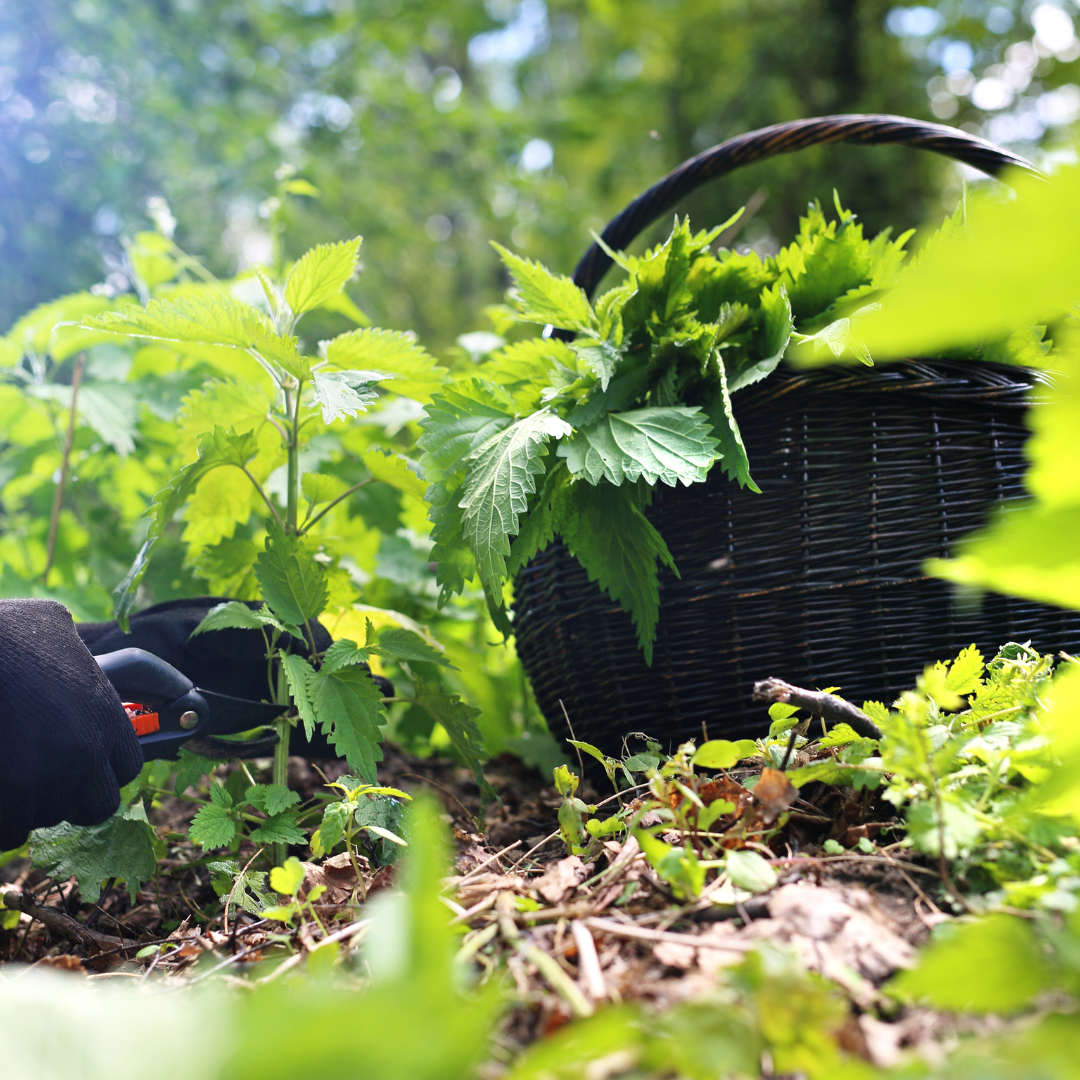As spring blooms and summer approaches, so does the season of allergies, bringing with it sneezing fits, itchy eyes, and congested sinuses for many. While over-the-counter medications can provide relief, some individuals seek natural alternatives to alleviate allergy symptoms. Herbs have long been recognized for their potential to combat various ailments, including allergies. Among the multitude of herbs, nettle, dandelion, and eucalyptus stand out for their efficacy in relieving allergy symptoms. Let's explore how these botanical wonders can offer relief from the discomfort of allergies.
Nettle, also known as stinging nettle, is a perennial flowering plant native to Europe, Asia, North America, and Africa. Despite its notorious reputation for causing skin irritation upon contact, nettle possesses remarkable medicinal properties that can help alleviate allergy symptoms.
Nettle contains bioactive compounds such as histamine, serotonin, and acetylcholine, which may inhibit the inflammatory response responsible for allergy symptoms. Research suggests that nettle extract can block histamine receptors, similar to the mechanism of action of conventional antihistamines, thereby reducing symptoms like sneezing, itching, and nasal congestion.
Furthermore, nettle possesses antioxidant properties, which may help reduce oxidative stress and inflammation in the body. This could contribute to alleviating allergic reactions and promoting overall respiratory health.
Dandelion (Taraxacum officinale):
Often dismissed as a pesky weed, dandelion is a versatile herb revered for its numerous health benefits, including its potential to combat allergies. Every part of the dandelion plant, from its vibrant yellow flowers to its roots, is rich in nutrients and bioactive compounds.
Dandelion contains flavonoids and phenolic compounds that possess anti-inflammatory and antiallergic properties. These compounds may help modulate the immune response, reducing the severity of allergic reactions. Additionally, dandelion acts as a natural diuretic, promoting the elimination of toxins from the body and potentially alleviating allergy symptoms by reducing fluid retention and congestion.
The consumption of dandelion leaves, either fresh in salads or brewed into teas, can offer relief from allergy symptoms while providing a nutrient-rich addition to one's diet.
Eucalyptus (Eucalyptus globulus):
Eucalyptus trees, native to Australia, are renowned for their aromatic leaves, which contain potent essential oils with diverse therapeutic benefits. Eucalyptus essential oil, extracted from the leaves of select species such as Eucalyptus globulus, has long been used in traditional medicine to treat respiratory ailments, including allergies.
The primary active compound in eucalyptus oil, cineole, exhibits mucolytic and bronchodilator properties, helping to clear congested airways and ease breathing. Inhaling steam infused with eucalyptus oil can provide immediate relief from nasal congestion and sinus pressure associated with allergies.
Moreover, eucalyptus oil possesses antimicrobial properties that may help combat respiratory infections and prevent secondary complications of allergies, such as sinusitis or bronchitis. Incorporating eucalyptus oil into aromatherapy practices or using it in steam inhalation can offer soothing relief from allergy symptoms.
Incorporating herbs such as nettle, dandelion, and eucalyptus into one's wellness routine can provide natural relief from allergy symptoms. Whether consumed as teas, tinctures, or inhaled as essential oils, these botanical remedies offer a gentle yet effective approach to managing allergies. However, it's essential to consult with a healthcare professional before integrating herbs into your regimen, particularly if you have existing medical conditions or are taking medications. With nature's pharmacy at our disposal, we can embrace the healing power of herbs to alleviate allergy discomfort and promote overall well-being.

